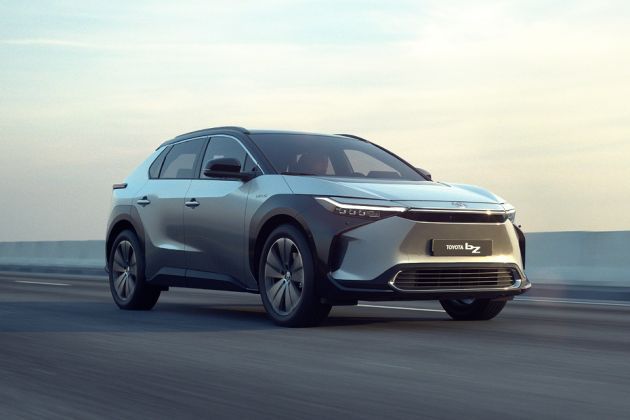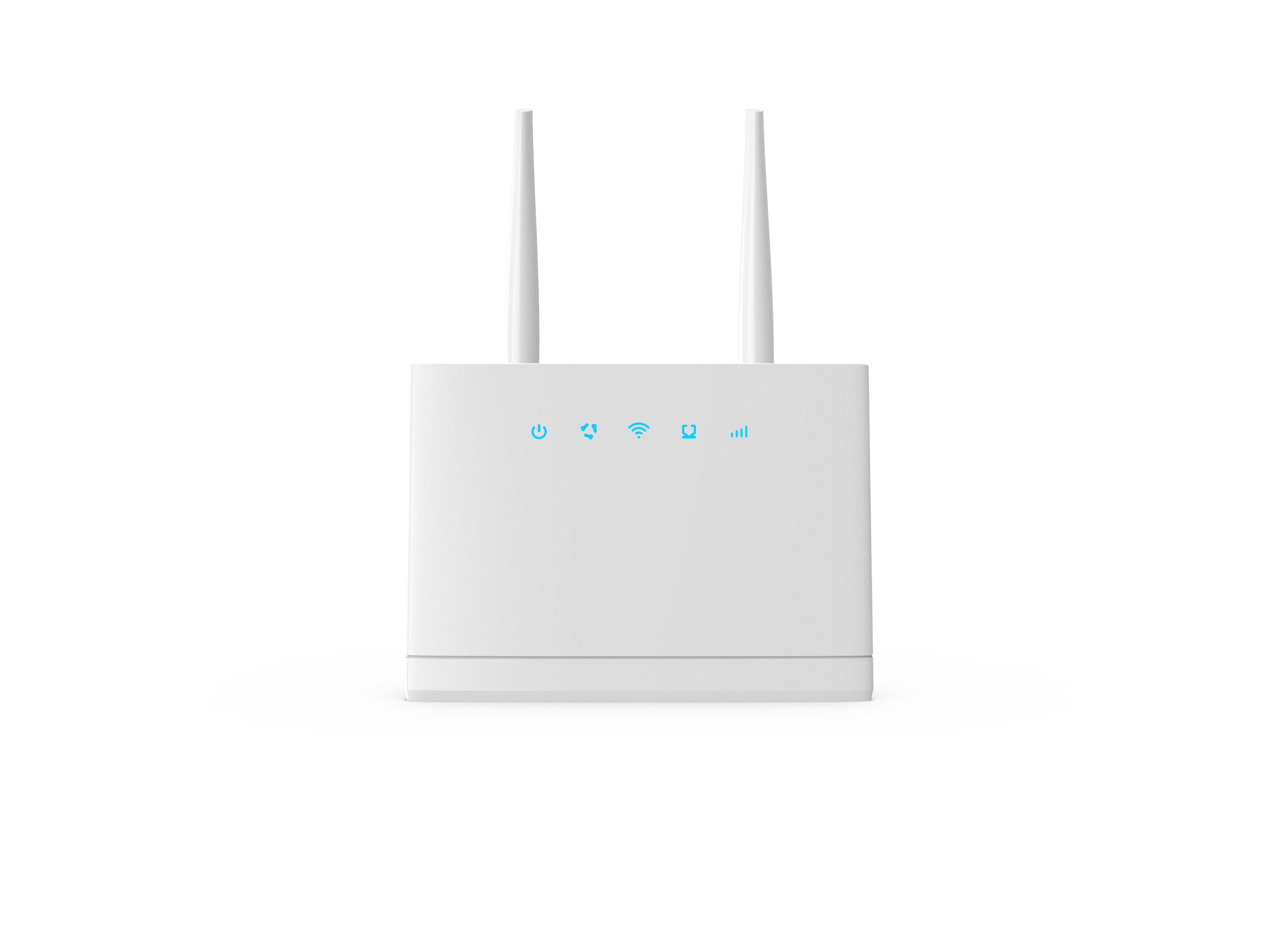What Happens When You Charge an Electric Car: A Comprehensive Guide

As the world moves towards a more sustainable future, electric cars have become increasingly popular. However, many people still have questions about how they work and what happens when you charge them. In this comprehensive guide, we will explore the ins and outs of charging an electric car.
Firstly, it is important to understand that there are different types of electric cars. Some are fully electric, meaning they run solely on battery power, while others are hybrids, which combine battery power with a traditional combustion engine. The charging process for these two types of cars differs slightly.
When you charge a fully electric car, you will need to plug it into a charging station. These stations can be found in public places, such as parking lots and shopping centers, or you can install one at home. The charging time will vary depending on the size of the battery and the speed of the charging station. Generally, it can take anywhere from 30 minutes to several hours to fully charge an electric car.
During the charging process, the battery will convert the electrical energy from the charging station into chemical energy, which is stored in the battery cells. This chemical energy is then used to power the car's electric motor. It is important to note that the charging process is not 100% efficient, meaning some energy will be lost as heat.
Hybrid cars, on the other hand, have both a battery and a traditional combustion engine. When you charge a hybrid car, you are essentially charging the battery. However, the combustion engine can also charge the battery while you are driving. This means that hybrid cars do not need to be charged as frequently as fully electric cars.
In terms of cost, charging an electric car is generally cheaper than filling up a traditional car with gasoline. The cost of electricity varies depending on where you live, but it is usually less expensive than gasoline. Additionally, many charging stations offer free or discounted charging for electric car owners.
In conclusion, charging an electric car is a relatively simple process that involves converting electrical energy into chemical energy stored in the battery. The charging time and efficiency will vary depending on the size of the battery and the speed of the charging station. Hybrid cars have both a battery and a traditional combustion engine, which means they do not need to be charged as frequently. Overall, electric cars are a more sustainable and cost-effective option for transportation.


